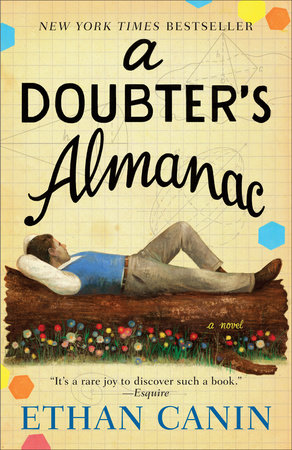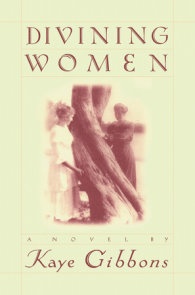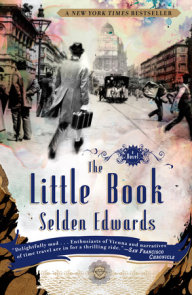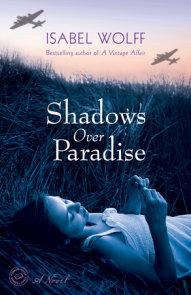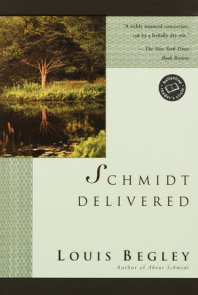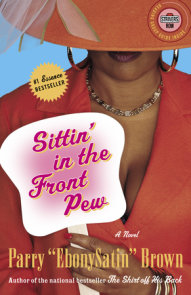READERS GUIDE
Questions and Topics for Discussion
1. A Doubter’s Almanac is a book about genius and math, but also a book about families—the Andret family specifically. What was your reaction at the beginning of Part Two when you realized that Milo’s son, Hans, had been narrating the book?
2. When Hans introduces his mother, he says: “How can I describe her? She was a creature who lived to serve others. If that is the criterion one uses for loveliness, then my mother was the paragon of loveliness.” In what ways does Helena Pierce serve her family? Do you think she passes that quality of service down to Hans and Paulie? In what ways does Milo serve his family?
3. The woods, and the act of being in the woods, come up often throughout the book, especially for Milo. What do you think being in the woods does for Milo that a normal life in the city couldn’t?
4. In Part One, Milo goes back to the woods in Michigan when he finds out that the teenage Kopter found a proof that he couldn’t. In what ways is this retreat to the woods similar to his purchasing the cabin in Part Two and in what ways is it different?
5. “Mathematics is like carving a wooden doll, and then, one day, you watch as your wooden doll gives birth to another wooden doll. In fact, this is exactly how you will know whether your wooden doll is alive. If it yields another wooden doll.” Hans states that these words of his father have stayed with him all his life. What do you think these words mean about mathematics? What might they mean about family? Do you think Milo actually understands what he’s trying to say?
6. Think about Milo and Paulie’s relationship, especially compared with the relationship between Milo and Hans. Do you think Paulie truly loves her father? Do you think Milo loves her?
7. Discuss Cle Wells Biettermann. What is her true role in Milo’s life? Whom do you think he loves more, Cle or Helena?
8. Dr. Gandapur, the elderly Jesuit who takes care of Milo as he is dying, appears like a guardian angel in his life. What role do you think Dr. Gandapur plays for Milo? What role does he play for the rest of the family?
9. “Women are the suns, you know. Men are just the moons.” What do you think Milo means by this? What do you think is Hans’s reaction to his father’s words?
10. How are Milo and Hans alike? How are they different? What does this mean for their families—their wives and children?
11. Think about the final chapter, “The Battle of Trafalgar.” How did you feel when you read this chapter? Did it change your opinion of Milo? Of the family’s relationships?
12. During “the Battle of Trafalgar,” Hans quotes from Admiral Lord Nelson: “ ‘To him I resign myself,’ I said, glancing to the heavens. ‘And the just cause which is entrusted to me.’ ” Do you think Hans is thinking about his father when he says those words? What might be the “just cause” to which Hans has entrusted himself? Do you think he has carried on this just cause?









